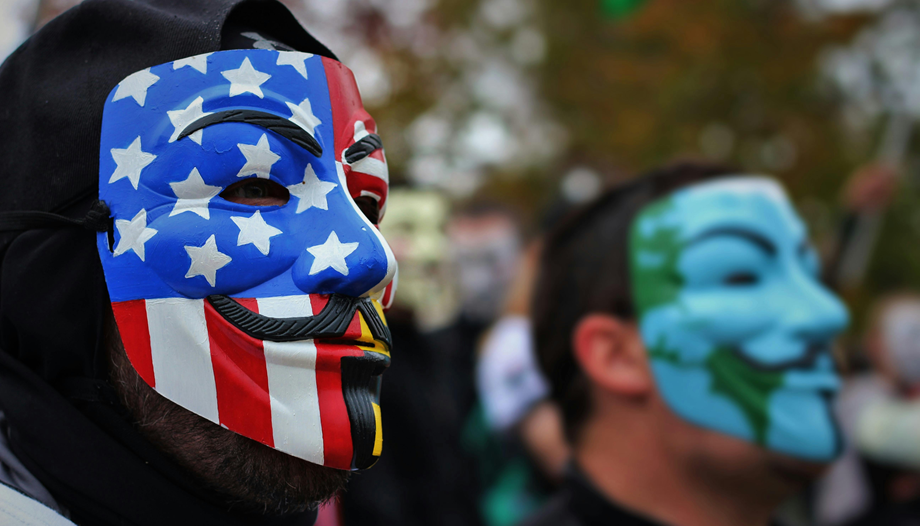Among the most vile characters who appear in the readings of the Passion of Christ that are proclaimed now, at Easter, there are some that are very topical. They have proliferated in social networks and extend their pernicious influence to the whole society.
These are the anonymous characters. But I am not referring to those whose names do not appear, perhaps out of ignorance of the evangelist such as the maid who was the doorkeeper of the high priest's palace, the guard who slapped him during his interrogation, or the criminals who crucified him (although later tradition baptized them as Dimas and Gestas); but those who act anonymously, protected by the mob.
They are people who are not very clear about what they want, but who take advantage of any crowd to give free rein to their basest instincts: criticize, insult, defame and even lynch, if necessary, anyone who passes in front of them. Alone, they would not be able to kill a fly, but they find pleasure in becoming an enraged mass because, acting in a herd, responsibility is diluted and so are the possible consequences.
Validating the actions of others
Undoubtedly, these characters were key in the death of Jesus, because with their attitude they validated the actions of those who today we consider responsible: the high priests and Pontius Pilate. None of them would have dared to execute the one whom the people considered a prophet without the complicit support of a few of these anonymous people capable of making a lot of noise, much more than the majority of the people.
In our digital society, the squares and streets where people traditionally held their protests and demands have given way to social networks, where we can all express our opinions on the issues that concern us. But, in front of a minority that appears identified, with names and surnames, which is responsible for the rights and wrongs that can be committed at the time of giving their opinion, there is a huge mass of anonymous accounts or with very diffuse identities.
In a public demonstration, typical of democratic states, whoever wears a balaclava or covers his face with a mask, it is very clear that he is here to cause trouble, and we often know that those who act in this way do not identify with the object of the claim, but use it only as an excuse to enjoy violence and looting.
Anonymous and real culprits
I understand those who, in an autocratic regime, have to protect their identity to share their ideas without being arrested; but in a democratic country, where freedom of expression is assured, what morally acceptable sense does it make to go through the networks spreading gossip or cheering those who do it, attacking other people without showing their faces, promoting hatred or harassing other people? It can only be understood from the most absolute human baseness, from the cowardly wickedness of those whose names do not appear in the stories of the Passion, but who were truly guilty of the death of the innocent.
When those who act in this way are members of the Christian community, attentive to criticize without charity, justice or truth any move of the Pope, of this or that bishop or movement different from their own, the sin seems to me much more serious. They remind me of those little children who, in the movie The Passion of the Christ, harass Judas until they drive him to despair and make him hang himself. At first they seem harmless, even friendly; but as soon as they are given a foothold, they launch into slaps, insults and bites, revealing their true demonic identity.
Perhaps you who read me have ever been tempted to "disguise" yourself through an anonymous profile in networks in order to be able to express yourself and say what your identity prevents you from saying publicly, because it would cause you disciplinary problems or make you look bad in front of your friends or family. Think carefully about where this idea of hiding the personality that God gave you in his image and likeness may come from in order to take on an appearance different from your own and aggressive against the other, no matter how reprehensible what that person has done. And remember the scene in Mel Gibson's movie, don't you see that, although the characters are anonymous, the promoter of their action has a name known to all? Well, beware of falling into the nets that spread in the networks.
Journalist. Graduate in Communication Sciences and Bachelor in Religious Sciences. He works in the Diocesan Delegation of Media in Malaga. His numerous "threads" on Twitter about faith and daily life have a great popularity.









